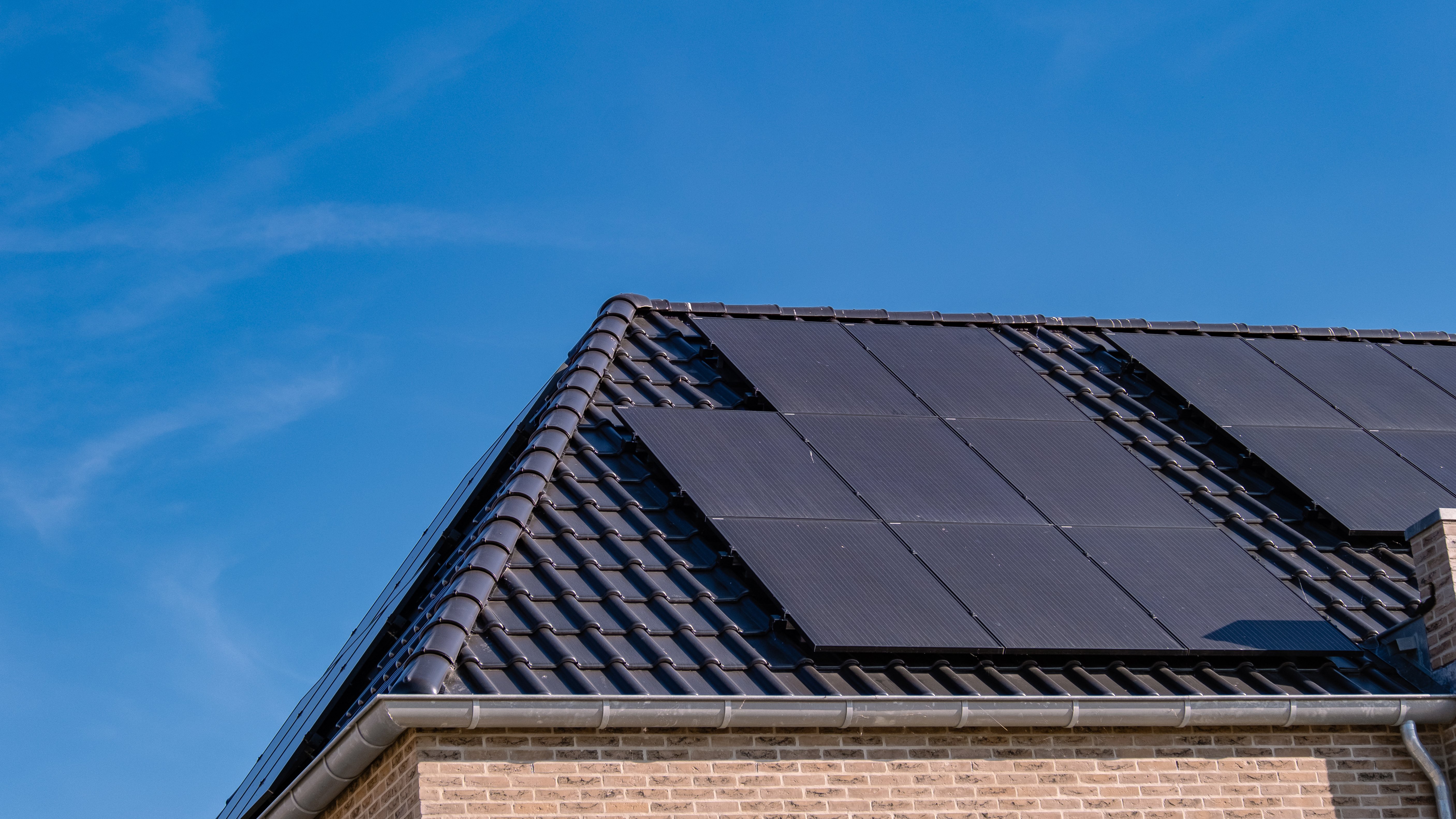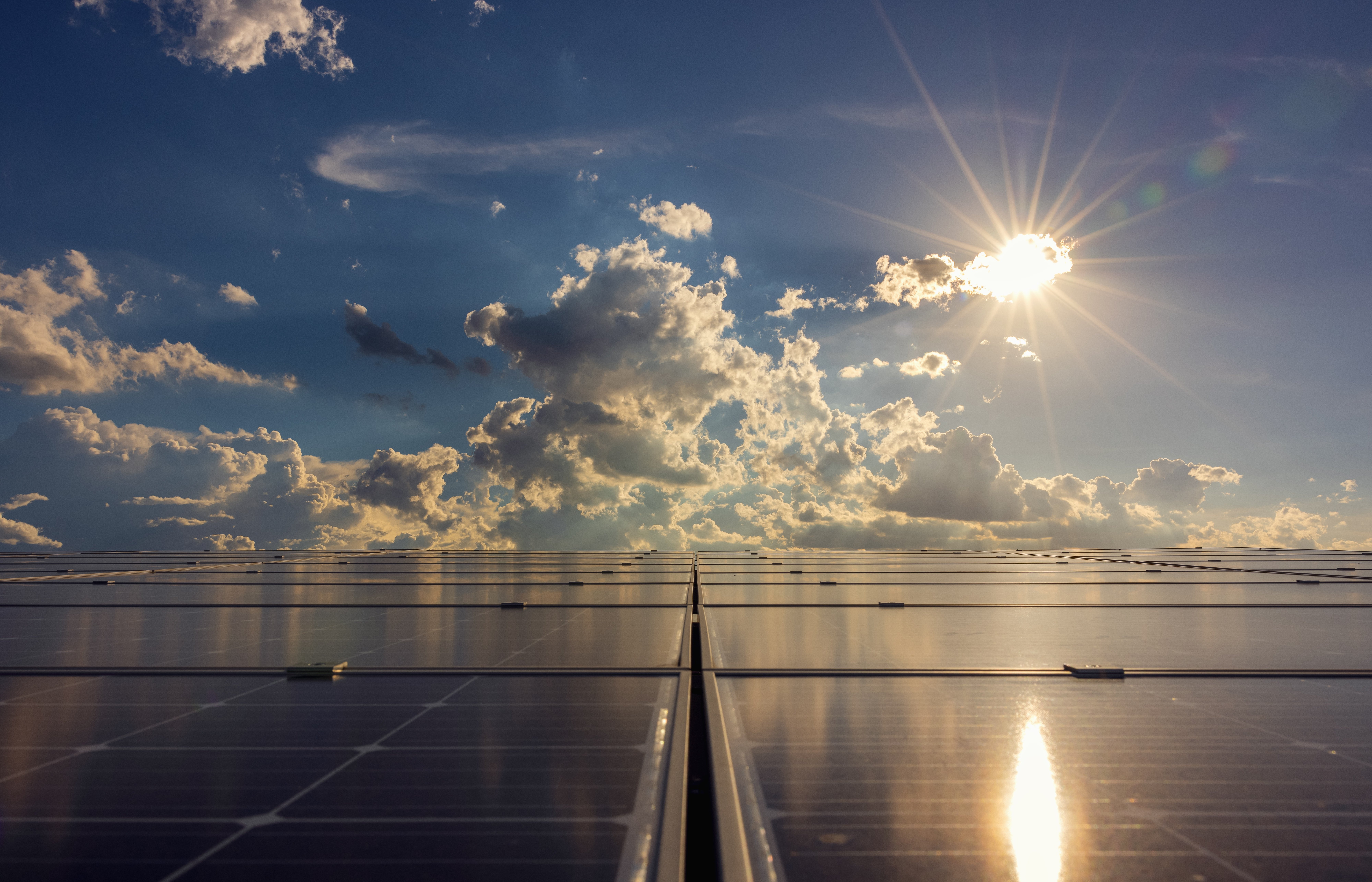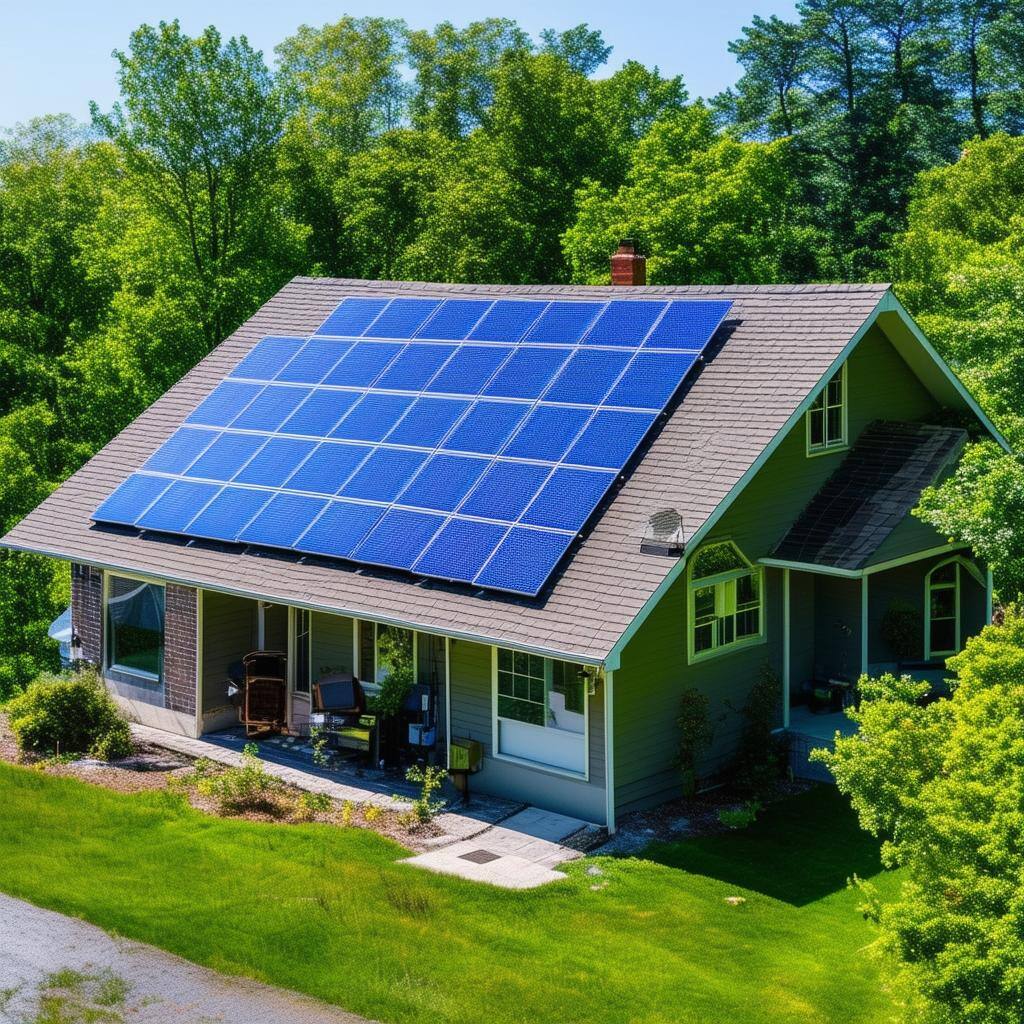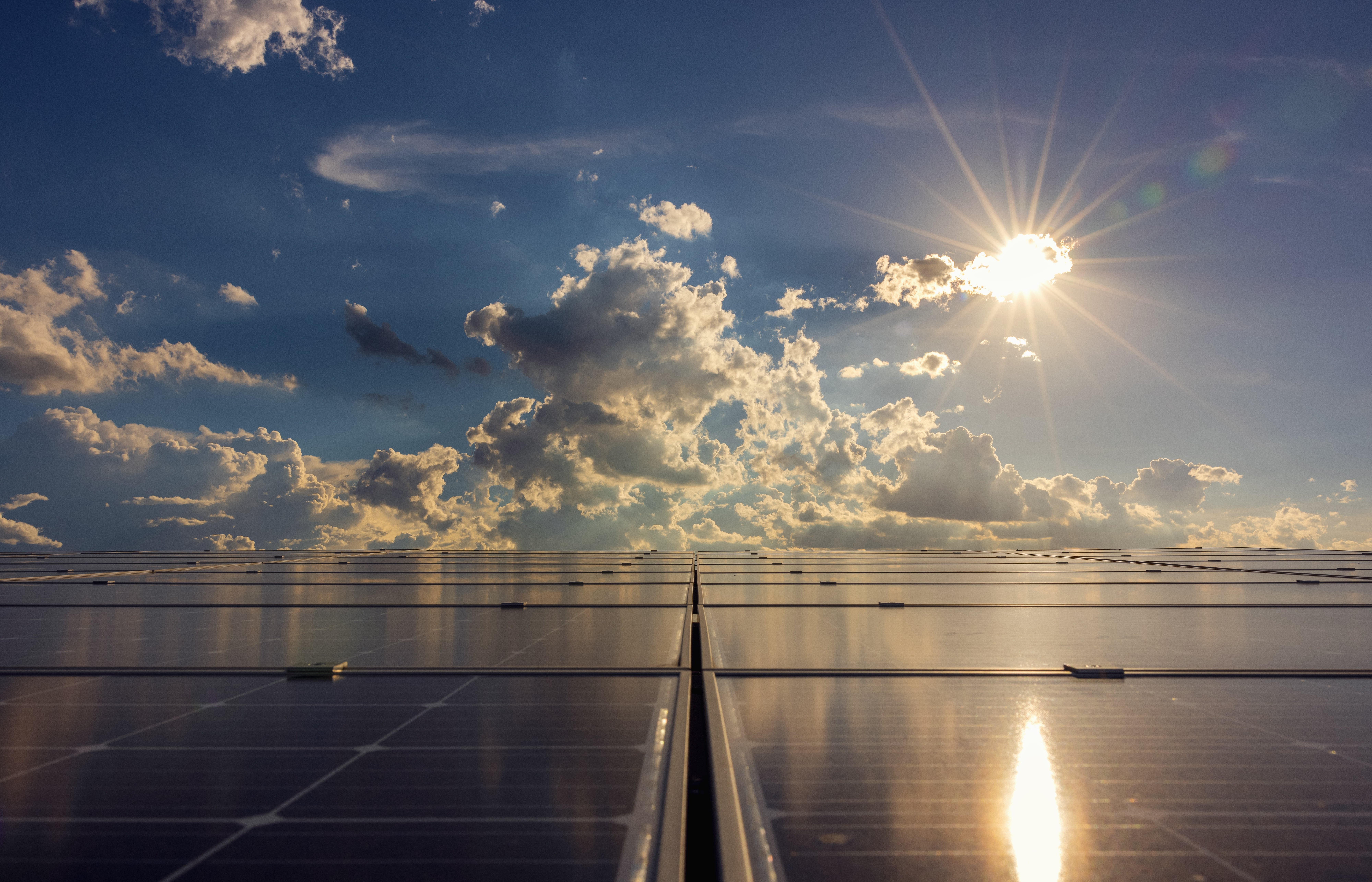From Installation to Savings: Your First Year of Solar Energy, Explained
So, you’ve decided to take the leap into solar energy. Congratulations! Solar power is not only an environmentally friendly choice but also a smart...
4 min read
Peter Swenson : Aug 12, 2024 8:30:00 AM

Solar energy is an increasingly popular option for homeowners looking to reduce energy costs and make environmentally-friendly decisions. But is solar right for every home? While it offers significant benefits, not every house is an ideal candidate for solar panels. If you’re in the consideration phase of your solar journey, this blog will help you evaluate whether solar is a good fit for your home and situation.
We'll cover the most important factors, from roof compatibility and sunlight exposure to financial considerations and local policies. Along the way, we’ll link to additional resources for those who want to dive deeper into more technical aspects.
Overview:
Your roof’s condition and structure play a critical role in whether your home can support a solar panel system. Solar panels typically last 25 years or more, so your roof needs to be in good shape before installation. Ideally, solar panels are installed on roofs with a southern orientation for maximum sun exposure, but east- or west-facing roofs can also work well.
Benefits/Challenges:
A new or well-maintained roof can easily support solar panels, while an old or damaged roof may require repairs or replacement before installation. Additionally, some roof materials, such as asphalt shingles, are ideal for mounting panels, while others, like clay tiles, may present challenges and increase installation costs.
Actionable Tips:
For a deeper dive into how roof conditions impact solar installations, check out our blog on roof compatibility for solar panels.
Overview:
Solar panels rely on sunlight to generate electricity, so the amount of sunlight your roof receives is a crucial factor. Homes with large amounts of shading from trees or nearby buildings may not generate enough power to justify the cost of a solar installation.
Benefits/Challenges:
Maximizing sunlight exposure means more energy production and quicker return on investment (ROI). However, if your home is in a shaded area or experiences partial shading throughout the day, it can reduce the effectiveness of your solar panels. Modern systems, such as those using microinverters, can mitigate some shading issues by allowing each panel to operate independently, optimizing overall output.
Actionable Tips:
For more details on how shading impacts solar performance, visit our article on solar panel efficiency and shading solutions.
Overview:
Your energy usage plays a big part in determining whether solar is a good investment. If your electricity bills are high, you stand to save more with solar. Conversely, if your energy consumption is relatively low, the cost-benefit ratio may be less compelling.
Benefits/Challenges:
Homes with high electricity consumption see faster returns on their solar investment. For example, households with electric heating, pool pumps, or home offices that require a lot of power can benefit greatly from solar. On the other hand, homes with minimal energy needs may not use enough electricity to justify the cost of a full solar installation.
Actionable Tips:
Not sure if your energy consumption makes you a good candidate for solar? Our blog on sizing a solar system walks you through calculating your energy needs.
Overview:
While solar power can save you money in the long run, the initial cost of installation can be significant. Fortunately, there are many financing options and incentives available to offset the upfront cost.
Benefits/Challenges:
The Solar Investment Tax Credit (ITC) allows homeowners to deduct 30% of their solar installation costs from their federal taxes, making solar more affordable. Some states and municipalities also offer additional incentives, grants, or rebates. However, financing options like solar loans or leases can add complexity to your decision, and not all programs are available everywhere.
Actionable Tips:
To explore your financing options further, read our guide on solar tax credits and financing.
Overview:
Your local government and utility company can have a big impact on the feasibility and financial benefits of going solar. Some areas offer favorable policies, like net metering, which allows you to sell excess energy back to the grid. Others may have restrictions or offer less generous financial incentives.
Benefits/Challenges:
In areas with net metering, solar can pay off more quickly since you receive credits for any extra electricity your panels produce. However, some utilities charge additional fees or have limits on how much solar energy you can sell back to the grid, reducing the potential financial benefits.
Actionable Tips:
For more information on navigating local policies, check out our post on solar incentives and net metering.
While solar energy offers many benefits, it’s important to consider key factors like your roof’s condition, sunlight exposure, energy consumption, and local regulations before deciding if solar is right for your home. Understanding these elements will help you make an informed decision and maximize your solar investment.
If you’re ready to explore solar further, we recommend scheduling a solar consultation to assess your home’s unique potential. For more in-depth information, check out our related articles on solar incentives and financing your solar installation to help guide you through the decision-making process.

So, you’ve decided to take the leap into solar energy. Congratulations! Solar power is not only an environmentally friendly choice but also a smart...

Solar 101: The Complete Beginner’s Guide to Solar Energy As more homeowners seek sustainable and cost-effective energy solutions, solar energy has...

How Does Solar Energy Work? A Simple Explanation Ever wondered how solar panels sitting on rooftops manage to turn sunlight into electricity? Let’s...